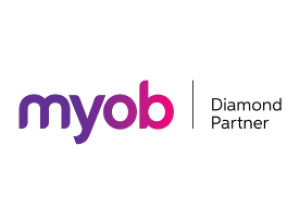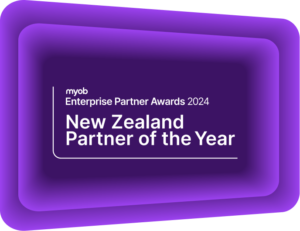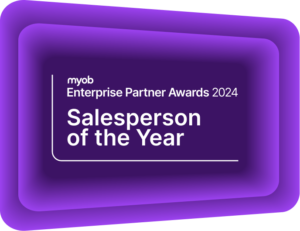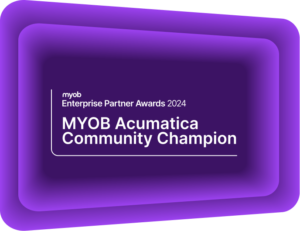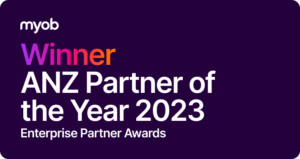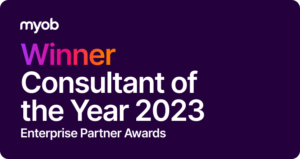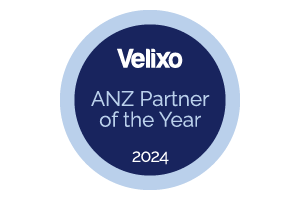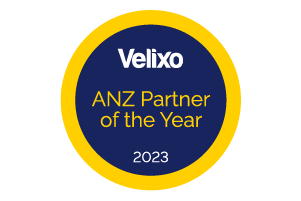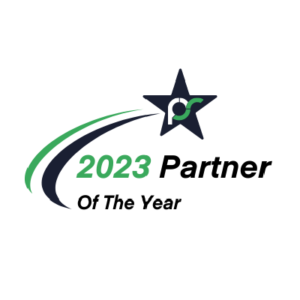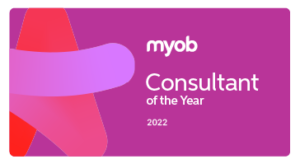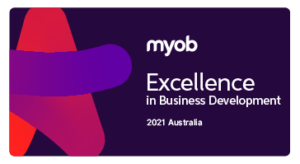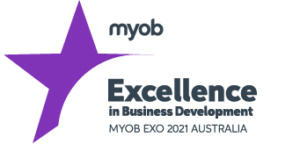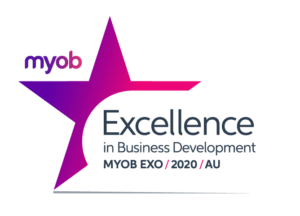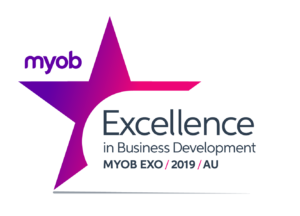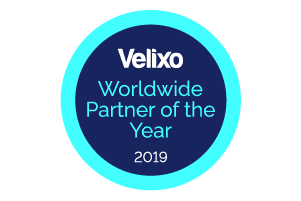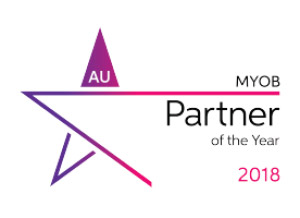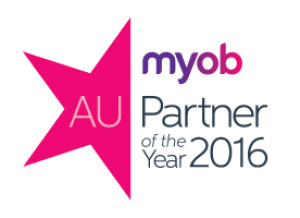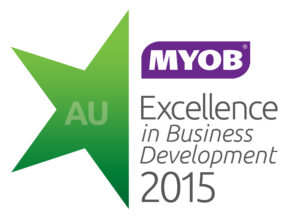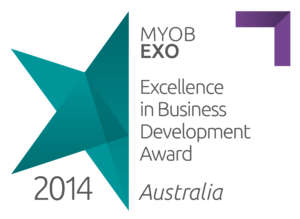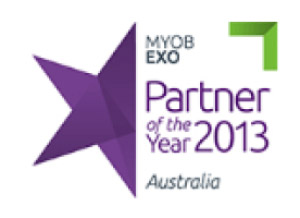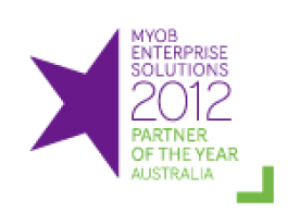Comparing Cloud ERP Systems: Which one is Best for Your Business?
Explore the benefits and comparisons of cloud ERP and choose the best system for your needs.Enterprise Resource Planning (ERP) systems are powerful software platforms that you can use to manage your entire business. They are the next step along your technology journey after you outgrow basic, “off-the-shelf” accounting software. As your organisation grows and becomes more complex, you will need extra functionality, compliance management, and separation of responsibilities. An ERP system does a better job of supporting these requirements compared to an accounting system, with additional automations and integrations to eliminate manual work and make your team more efficient.
What is Cloud ERP?
A cloud ERP system is hosted and deployed in off-site servers and accessed via the internet. The cloud infrastructure means it is accessible from any location and at any time, if you have an internet connection. A cloud ERP system contrasts with an on-premise ERP system. An on-premise ERP system is hosted on local network and terminal servers within your company network and is installed on local devices.

Making your way through the ERP Selection process eBook
Download nowCloud ERP systems vs On-Premise
Functionally, a cloud ERP system and an on-premise system only differ in their deployment and infrastructure. There is no inherent strength or weakness for an ERP system to be cloud or on-premise based regarding pure functionality and system capability. You should follow the advice of a trusted software expert when selecting your ERP system, as an on-premise system may be a better fit for your unique requirements.
Deployment and Accessibility
Generally, cloud ERP systems are more accessible compared to on-premise ERP systems. Because the data is hosted in the cloud, anytime you have an internet connection is an opportunity to access your data. Cloud ERP systems are also commonly browser-based, requiring no local software to be installed. This means that any device with an internet connection can access the database.
On the other hand, because an on-premise ERP database is hosted on physical servers within your office location, you normally need to be in the office and connected to the network to access the information. This can be overcome with VPNs (Virtual Private Networks) and remote desktop logins to get access outside the office. On-premise ERP systems are also commonly installed on specific devices. This means that to access your ERP from outside the office through a VPN, you must still use a computer with the ERP program installed.
Scalability and Flexibility
Cloud ERP systems are often thought of as more scalable and flexible compared to on-premise ERP systems. However, this often comes down to the specific system design, rather than the deployment and database hosting structure. The advantage of cloud-based ERP systems is that scaling up server requirements is relatively low-cost and fast. On-premise servers must be purchased, commissioned, and maintained within your office environment. The outright purchase of servers, like any other asset purchase, is a one-off expense and is placed on the balance sheet to be depreciated over time. On the other hand, with a SaaS service, the capital cost of server hardware and maintenance is taken on by the hosting provider, and you pay a monthly subscription. It is also straightforward and relatively cheap to scale up your server requirements if you need more processing power or storage. The hosting provider allocates additional capacity, and you gain immediate benefit.
Similarly, when you need to scale down, the hosting provider can reallocate this space to other clients. Whereas once you purchase a new on-premise server, you are unable to dispose of it until it reaches the end of its life, unless you write off the asset.
Security and Compliance
Previously, it was thought that cloud-based ERP systems were less secure than similar on-premise models. This is because the only way to access on-premise ERP systems was from the physical server location, making online breaches impossible. The risk of cybersecurity breaches would be higher for cloud ERP systems because of the potential hacks coming from anywhere around the world. Significant gains have been made in cloud ERP security. Two-factor authentication (2FA) and Single Sign-on (SSO) are becoming increasingly common in cloud ERP systems to secure user credentials and block login breaches. Some industries, such as not-for-profit and government, require that all data remain within Australia and New Zealand, even if hosted in the cloud. This requirement means it is imperative to pick the right system and hosting service.
Can your data be secure in the cloud? The short answer is no; your data will never be 100% secure in the cloud. Data breaches are a reality, and taking your data storage offsite brings in an element of risk. Hosting providers stake their reputation on the security of their networks and how they store data.
However, your hosting provider is not solely responsible for your data security. The most common types of breaches occur at sign-in. Compromised login information directly accesses your data from the system’s front end, bypassing any encryption.
Security also encompasses disaster recovery and backup protocols. In a cloud environment, the hosting provider owns the responsibility for backups and disaster recovery. However, for an on-premise system, you and your IT teams are the only responsible parties for system continuity and data recovery. If something fails and there are no established protocols and backups in place, you risk losing significant amounts of data. We have seen grown men cry over backup disasters.
Key Benefits of Cloud ERP
The cloud naturally facilitates innovation and collaboration, bringing many benefits to modern organisations. Implementing a cloud-based ERP system can bring significant advantages for your organisation, including productivity improvements.
Real-time Visibility and Reporting
Because you can access your data from anywhere and at any time, you are able to view reports and answer complex business questions instantly. Cloud ERP systems also simplify the processing of consolidating data from multiple locations and companies into one place. This means it is easier to report on critical information from across the organisation in real-time, compared to potentially disconnected on-premise databases.
On-premise ERP systems commonly support real-time reporting and improved data visibility compared to legacy systems. However, the process is simpler to enable and easier to take advantage of in a cloud ERP system.
Mobile Access for Distributed Teams
For mobile teams that are regularly performing their role from outside the office, cloud ERP systems are a significant improvement in efficiency. Your team will have the freedom to access role-specific information and dashboards from any device, without relying on other workarounds. Your team can process sales, plan routing, log time and job details from their mobile device or tablet. This empowers your team to focus more on their role and less on manual paperwork and data maintenance.
Faster Deployment
Cloud ERP systems do not require on-premise resources or installations, which rapidly improves deployment times. Some cloud ERP systems with limited customisability can be deployed in a matter of weeks for the right company.
However, your choice of ERP software should be framed as a lifetime one. You will spend at least 7 years, and on average longer, with your ERP system. You should make sure it is properly configured and customised to meet your needs when you go live. A fast deployment becomes less of an advantage over the lifetime of your system. It is far better to invest in a proper implementation and get it right the first time, so your organisation can enjoy success for years to come.
Better Integrations
Modern cloud ERP systems have flexible, open REST-based Application Programming Interfaces (API). This makes them more adaptable and easier to integrate with other cloud-based applications.
On-premise ERP systems can also integrate with a range of third-party systems. Due to your direct access and control over the database, you can often create deeper, more customisable integrations compared to a cloud ERP system, which may better fit your requirements.

Cloud ERP a sound return on investment eBook
Download nowWho Should Consider Cloud ERP?
Ultimately, you should always consider your specific business needs first. The software must meet these needs. The method of deployment (SaaS, Hosted or on-premise) is secondary.
Cloud ERP is ideal for organisations that:
- Do not want to or cannot manage the IT responsibilities that come with on-premise servers, VPNs, remote desktops and accessibility workarounds,
- Have stable, reliable internet connections,
- Have mobile workforces, with team members that need anywhere, anytime access to critical data,
- Often need to change their usage and server requirements and need the scalability benefits that come with cloud ERP.
MYOB Acumatica: The Leading Cloud ERP in Australia and New Zealand
MYOB Acumatica is the #1 most chosen ERP system for larger, more complex organisations in Australia and New Zealand. It is a powerful, flexible system with a range of integrated modules. MYOB Acumatica is a single platform from which you can manage your entire organisation.
MYOB Acumatica is based on the Acumatica Cloud ERP, developed by the Acumatica company in Washington, USA. MYOB localise the Acumatica solution so that it is compliant for Australian and New Zealand organisations. Acumatica is a cloud-native ERP platform. It was built for the cloud and uses a more modern and flexible framework compared to ERP systems that were built on-premise and then hosted in the cloud. MYOB Acumatica shares this framework, so you gain all the benefits of a market-leading, global platform without compromising on local features and requirements.
MYOB Acumatica has a range of key features for Australian and New Zealand organisations:
- Local tax and payroll compliance built in and automatically updated by MYOB,
- Enterprise-level financial management functionality, including multi-company support and a flexible General Ledger and subaccounts structure,
- Anytime, anywhere accessibility through web browsers or the MYOB Acumatica app,
- Integrated ERP, Payroll, and Workforce Management capability – the only platform available to the ANZ midmarket that can offer this,
- Industry-specific configurations and editions to better support your unique requirements,
Why Work with Kilimanjaro Consulting
Kilimanjaro Consulting is a MYOB Acumatica specialist and the leading implementation partner for larger, more complex organisations. Evaluating, selecting, and implementing a cloud ERP is a significant milestone in your organisation’s technology journey. The choice of ERP system should be a lifetime one, but it can also carry significant risk if the wrong choice is made. You need an experienced, trusted software guide to help you get the implementation right the first time.
Kilimanjaro Consulting forge strong, long-term partnerships with our clients. Our #ClientFirst strategy places your needs above our own and lets us focus on delivering an MYOB Acumatica implementation that best fits your requirements and ensures long-term success. We are farmers, not hunters.
Next Steps
Talk to our team about how to plan your pathway to the cloud and assess the right ERP solution to meet your requirements. We can understand your organisation, your unique competitive advantage, and recommend an ERP implementation and solution design to best improve efficiency.
Email sales@kilimanjaro-consulting.com or call 1300 857 464 (AU) or 0800 436 774 (NZ).

